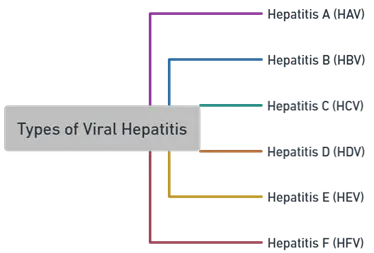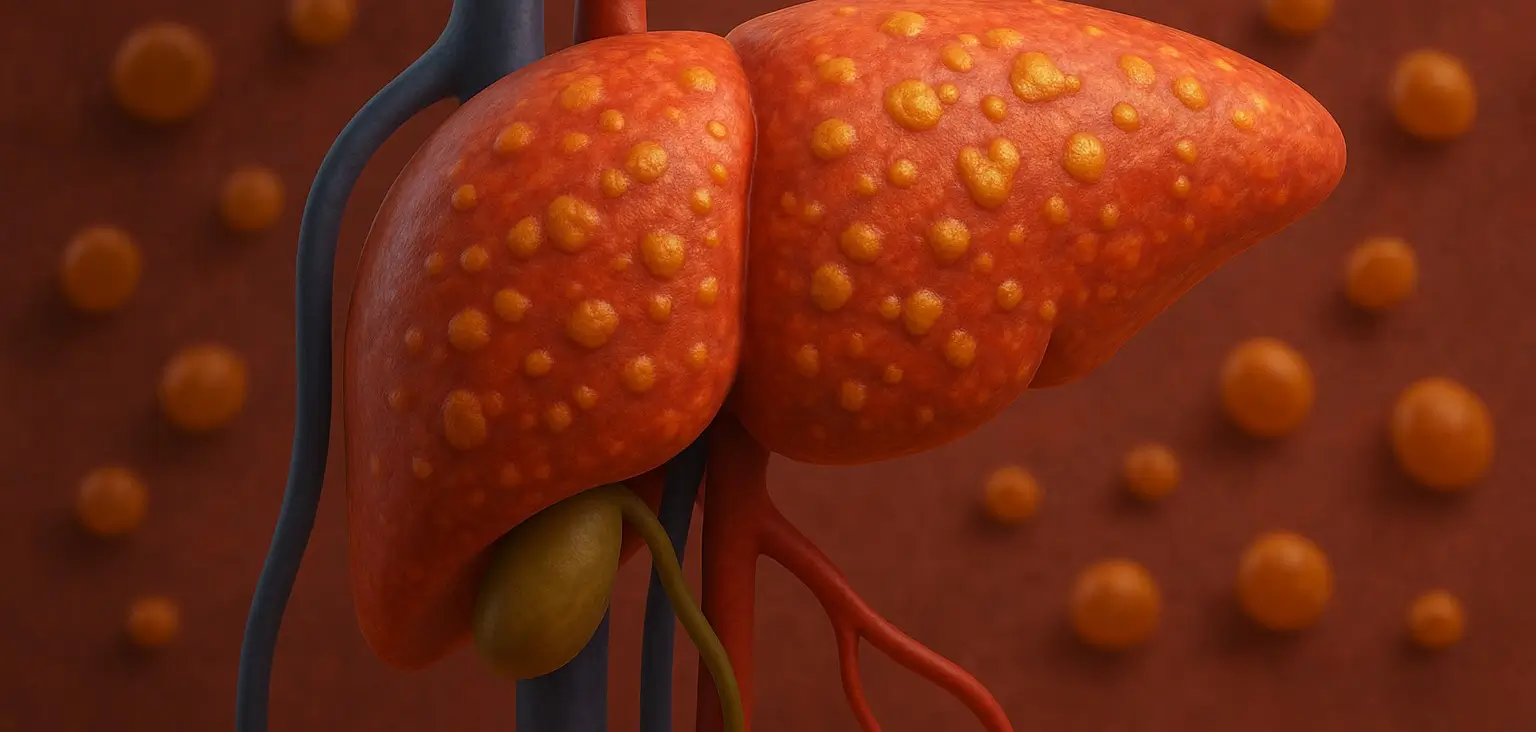- Alcoholic liver disease results from excessive alcohol consumption, leading to liver damage.
- It progresses through three stages: fatty liver (steatosis), alcoholic hepatitis, and cirrhosis.
- Symptoms can include jaundice, abdominal pain, and liver dysfunction. Continued alcohol abuse can lead to liver failure and other serious health complications.
Overview
- Alcoholic liver disease (ALD) is a spectrum of liver disorders resulting from excessive and prolonged alcohol consumption.
- ALD can progress through three stages:
- Alcoholic fatty liver
- Alcoholic hepatitis
- Cirrhosis
This is a sample ad placement!
Symptoms
- Symptoms of alcoholic liver disease vary depending on the stage and severity. In the early stages, there may be no symptoms or only mild discomfort.
- As the disease progresses, symptoms can include:
- Fatigue
- Weakness
- Loss of appetite
- Nausea and vomiting
- Abdominal pain
- Jaundice
- Swelling in the legs and abdomen (ascites)
- Confusion and cognitive changes (hepatic encephalopathy)
- Bleeding from enlarged veins in the esophagus (esophageal varices)
Etiology
- The primary cause of alcoholic liver disease is excessive alcohol consumption over an extended period.
- The risk of developing ALD increases with the amount and duration of alcohol intake.
- Other factors that may contribute to the development of ALD include:
- Genetic predisposition
- Obesity
- Poor nutrition
- Gender (females are at higher risk)
This is a sample ad placement!
Pathogenesis of Alcoholic Liver Disease (ALD)
- Alcoholic liver disease is caused by excessive alcohol consumption.
-
Alcoholic Fatty Liver:
- Excessive alcohol intake impairs fat metabolism, leading to fat accumulation in hepatocytes.
-
Alcoholic Hepatitis:
- Continuous alcohol exposure causes inflammation and necrosis of hepatocytes.
- Acetaldehyde, a toxic byproduct of alcohol metabolism, plays a significant role.
-
Cirrhosis:
- Chronic inflammation and fibrosis disrupt liver architecture, leading to nodular regeneration and impaired liver function.
This is a sample ad placement!

Treatment
- The primary treatment for alcoholic liver disease is to stop alcohol consumption.
- This can lead to significant improvement in liver function, particularly in the early stages of the disease.
- Other treatment options include:
-
Nutritional support
- Ensuring adequate nutrition, including supplementation with vitamins and minerals, is crucial for patients with ALD.
-
Medications
- Corticosteroids or pentoxifylline may be used to reduce inflammation in cases of severe alcoholic hepatitis.
-
Liver transplant
- In cases of end-stage liver disease or cirrhosis, a liver transplant may be considered.
- However, patients must demonstrate a commitment to abstaining from alcohol before being eligible for transplantation.
This is a sample ad placement!
Prevention
- Preventing ALD involves:
- Responsible Alcohol Consumption: Adhering to recommended alcohol intake guidelines.
- Abstinence: For individuals at risk or with early signs of liver disease, abstaining from alcohol entirely is advised.
- Healthy Lifestyle: Maintaining a balanced diet, regular exercise, and avoiding risk factors like obesity.
Thank you for reading from Firsthope's notes, don't forget to check YouTube videos!

